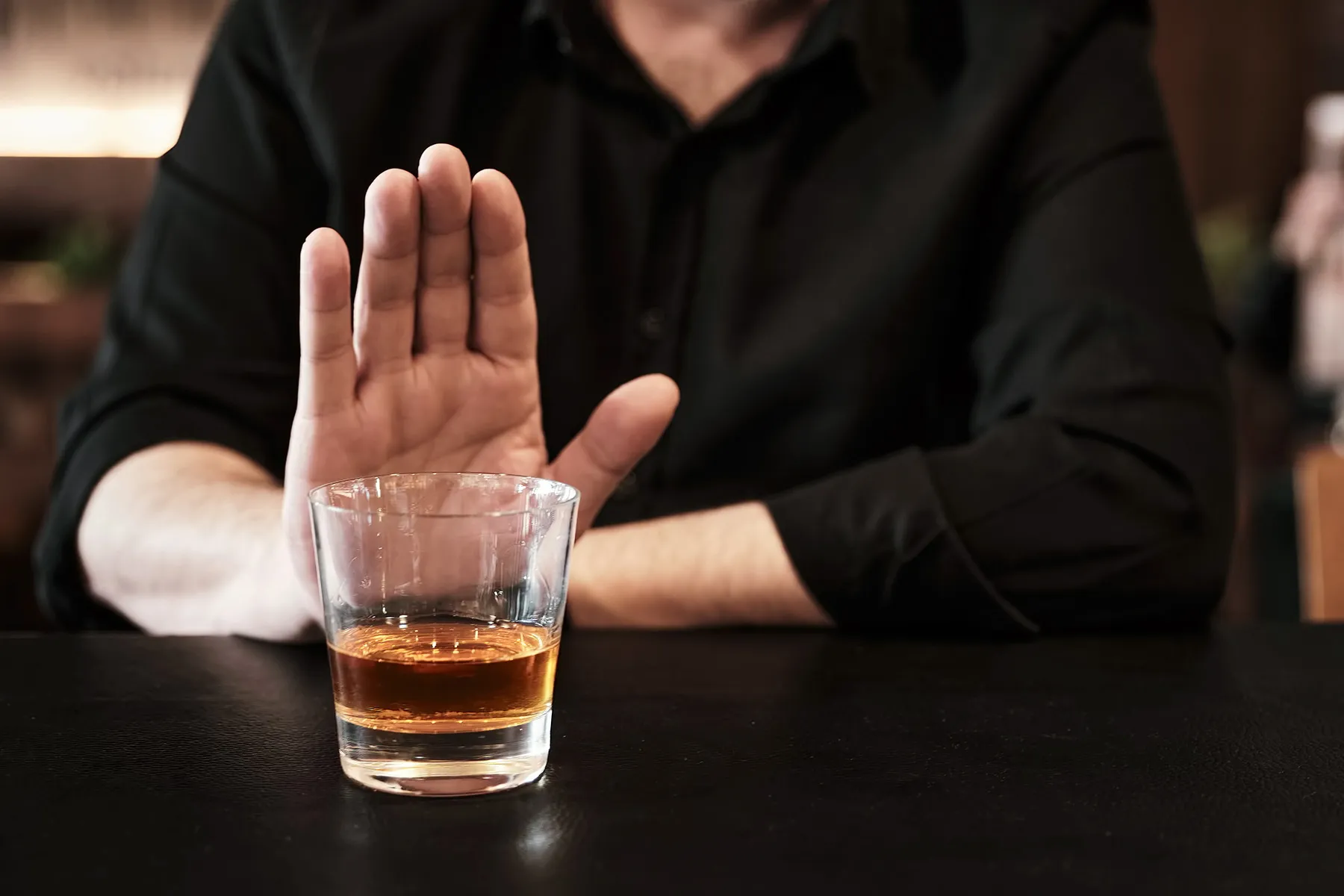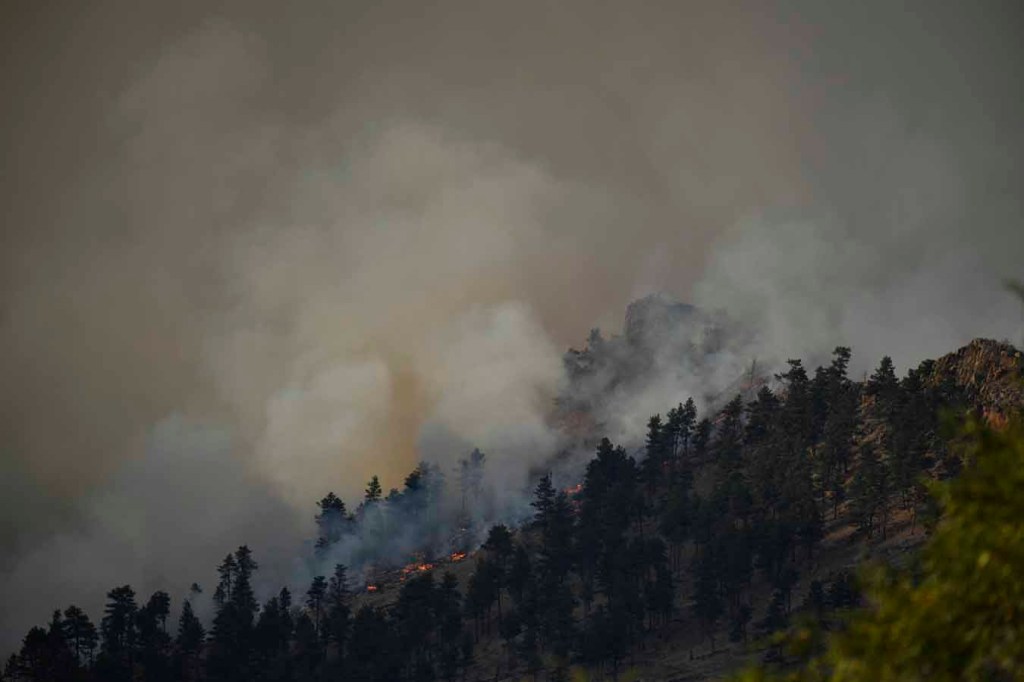“You do not have to be good.”
I’ve long considered having these classic, profound opening words of Mary Oliver’s most famous poem, Wild Geese, tattooed on my body somewhere. Since I quit clinical medicine just a few weeks ago, I’m at that stage where I’m researching tattoo parlors.
It was just this morning, as I write this on a Saturday in late October, that I took my kids and the dog hiking in the woods in the rain. My daughter was balking, and she had already turned to go back to the car when a large flock of very loud geese flew low overhead. We all stopped to watch and listen.
“Cool,” commented my son.
“Yep, they’re all heading down south for the winter,” I offered, wondering if this proof of the wonder of nature would impress Maria, lover and protector of all wild critters, to join us after all.
The light rainstorm had brought with it some warmth — a balmy 60 degrees! And the entire forest emanated a fresh pine perfume. Obi, the dog, pulled and pulled, eager for the unhampered squirrel chasing ahead.
Between the natural beauty of the outdoors and the promise of Dunkin’ donuts post-adventure, my youngest trudged forward, and into the woods we went.
It was only 4 weeks ago that my Saturdays, and often Sundays too, necessarily included a block of work. Typically, my Saturday mornings were booked, with me logged in to the electronic medical record (Epic, of course), reviewing labs, imaging, calling people with UTIs, or something on the CT scan that couldn’t wait for Monday, answering missed or deferred patient messages from the week, filling urgent prescription requests …
There was always something in the inbox, and usually a lot, that required attention.
This overflow workload extended to vacations, even our family vacation in Guatemala last April. We hadn’t seen our family for 2 years, and I was logged in to Epic every day, trying to catch up, anxious to clean up my inbox.
Most PCPs can relate to this. You could ignore it for a day, or a few days, but God help you when you return. Things build up, and those first days back are brutal. Worse yet, if things get missed, you’re ultimately responsible.
It was that trip that did it for me. The day we returned, I panicked, realizing that despite all of my hours of effort, all that time I could have (should have) spent with our beloved relatives, I wasn’t even close to reasonably caught up with the inbox.
That was the last rock on the pile. The suffocating burden placed upon me (and all my physician colleagues) by high-minded people and a “healing” system finally broke me. That day, the shell of resolve, sacrifice, duty, pride, and guilt that pushed me through medical school, residency, fellowship, and practice — 20 years as an MD in clinic, teaching, and research — just crumbled.
Trying to win at this impossible game, in the midst of a medical misinformation maelstrom and two kids struggling with COVID-related psychological and educational situations, was just too much. If I’d been able to crawl away from all of it right then and there, I would have.
Instead, I stood up and steeled myself through several more months, with any spare bandwidth poured into a career transformation effort. I reached out to former classmates, friends of friends, anyone I knew who had been able to move forward into a better situation. It was not enough to escape. I wanted to thrive.
So many doctors are doing the same that there is a fairly robust industry built up around career transitions for burned-out clinicians. It’s easy to give yourself a “How to create a successful nonclinical career” crash course. I’ll save those details for another post.
After about 6 weeks, I had job interviews. Then a fantastic offer. Now, I’m in medical writing/medical affairs at an area immuno-oncology biotech firm. The people are bright and motivated, the goals are worthy, it’s a regular work week and normal working hours, I can work from home, and — this is the best part — it’s writing. All kinds of medical writing.
Yes, there is a learning curve — a very steep one. I’ve reviewed countless textbooks and ebooks and podcasts and presentations on immunology, oncology, industry. I’m cramming in new material every day. But it’s stimulating, and who doesn’t want to be part of the team that discovers a cure for cancer?
And there’s space. It took a few weeks before I could wake up on a Saturday without the ever-present Epic dread hanging over me. The thought — a very probable thought — that I was missing something important, that care would be delayed, that a patient would be pissed. My Saturdays are mine now, mine to spend hiking in the woods in the rain with my kids and the dog.
People have asked me: “Do you miss patient care?” “Will you go back?”
I can honestly answer: “No, I regret nothing.”
Monique Tello, MD, is an internal medicine physician and can be reached at her self-titled site, Dr. Monique Tello.
This post appeared on KevinMD.
Note: This article have been indexed to our site. We do not claim legitimacy, ownership or copyright of any of the content above. To see the article at original source Click Here













